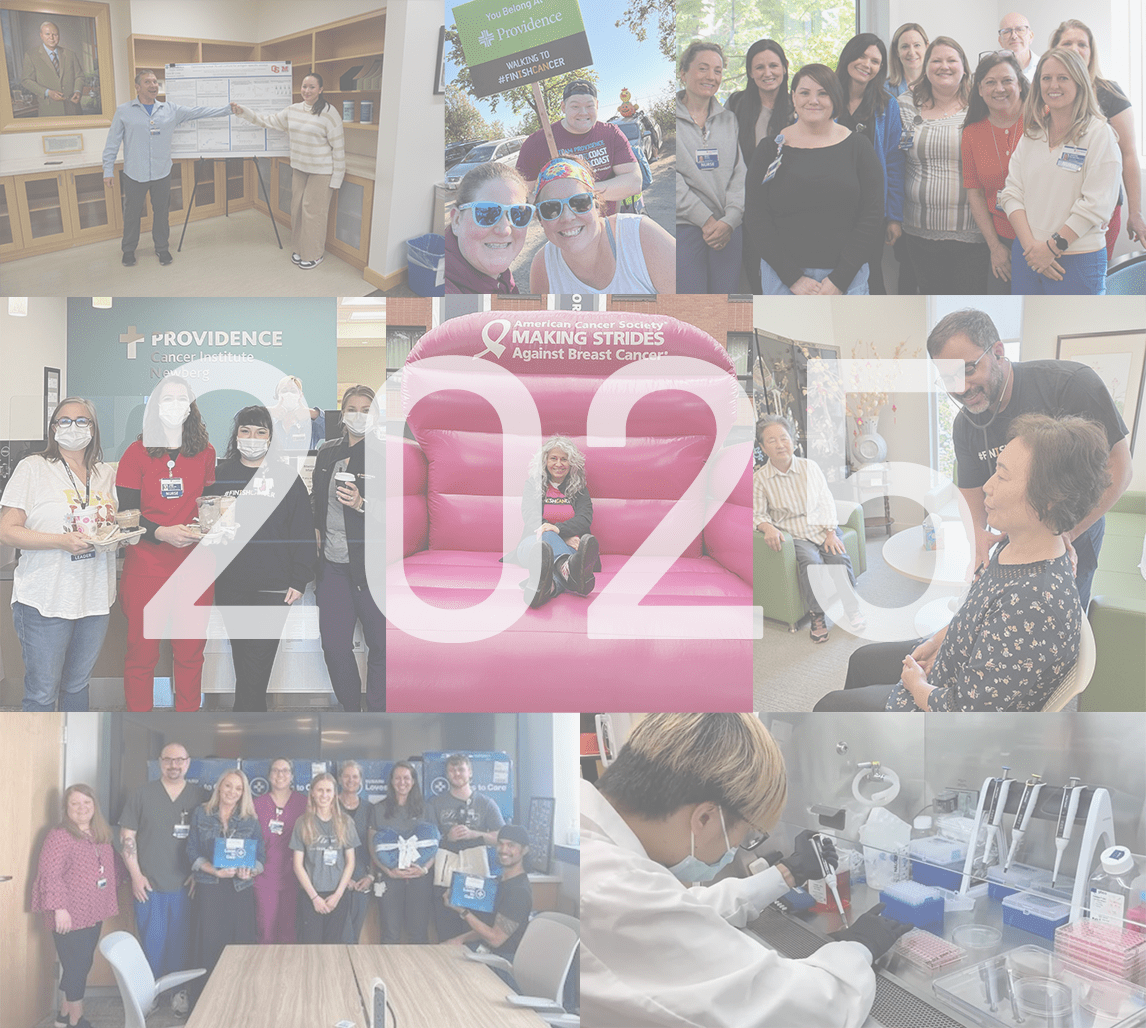Learn how you can eat better to feel better

[5 MIN READ]
In this article:
-
Fruits and vegetables, fatty fish, and nuts and seeds are some of the foods that have the most positive impact on our mental health.
-
On the other hand, foods and drinks with added sugars can cause our blood sugar to spike and crash, leading to mood swings.
-
Learn about a few websites you can use to help you eat a mindful and healthy diet.
When the challenges of life get you down, do you find yourself reaching for a bowl of chocolate ice cream or grabbing a cheeseburger and fries from your favorite fast-food joint? If so, you’ve probably noticed that “stress eating” feels good in the moment, but the positive feelings tend to pass not long after taking your last bite.
Turns out that the same high-fat, sugar-loaded foods we crave when stressed or sad can make us feel worse.
The good news is that research shows nutritious food can play a role in improving our mood, reducing stress and even lowering our risk of dementia.
We talked to Debrin Cohen, MS, RD, CNSC, a registered dietitian with Providence, about the science behind this food-mental health connection and how people can make it work for them.
When did researchers start looking at the link between food and mental health?
Cohen: Researchers have been looking at the link between food and mental health for many years, but interest in this area has recently grown significantly. This is partly due to greater awareness of mental health issues and their impact on our overall well-being.
Our changing diets have also played a role. Diets that emphasize healthy food choices such as fresh fruits, vegetables, lean proteins and healthy fats have been replaced by diets high in processed and convenience foods, sugar, unhealthy fats and chemical additives, which have been linked to many physical and mental health issues.
What types of food have a positive effect on our mental health?
Cohen: Fruits and vegetables are rich in vitamins, minerals and antioxidants that support brain function. Fatty fish is high in omega-3 fatty acids, which is essential for brain function. Nuts and seeds provide healthy fats, protein and essential nutrients as well.
Our gut, or our “second brain,” plays a crucial role in influencing our mood and mental health. We can help support gut health and, in turn, mental health, by eating certain foods. Fermented foods such as yogurt, kefir and sauerkraut contain probiotics that support our gut microbiome.
Are there any types of foods that have a negative effect on your mental health?
Cohen: Yes, certain foods can negatively impact mental health and mood. Foods and drinks with added sugars can cause blood sugar spikes and crashes, leading to mood swings and energy dips. The same can happen with refined carbohydrates, such as white bread and pastries. Trans fats, found in fried and packaged foods, are associated with an increased risk of mental health issues, such as depression.
How can we change our diet to improve our mental health?
Cohen: To improve our mental health through our diet, we can include fiber-filled fruits, vegetables and whole grains in each of our meals and snacks. We can regularly incorporate fatty fish, flaxseeds, chia seeds and walnuts into our diet. We can also include yogurt, kefir and kimchi. At the same time, we should limit our intake of processed snacks, refined carbohydrates, sugary foods and beverages. Last, but definitely not least, we need to make sure we’re drinking enough water throughout the day.
Equally as important as the food we consume, we should practice mindful eating by paying attention to hunger cues, eating and chewing slowly, and enjoying meals without distractions.
If I have been diagnosed with a mental health disorder, is it possible for me to treat it solely through diet changes?
Cohen: While diet can play a significant role in mental health, it is not advisable to rely solely on diet changes to treat a diagnosed mental health disorder. Mental health disorders often require a comprehensive treatment approach, including therapy and medication, but diet and lifestyle modification can be an important component of treatment.
Are there any myths out there about food and mental health?
Cohen: One common myth is that superfoods can cure mental health disorders. While certain foods can support brain health, no single food can “cure” anything. Another myth is that carbohydrates are bad for mental health. The reality is that complex carbohydrates, from fruits and vegetables and whole grains, are important for brain function and can stabilize mood when consumed in moderation with other nutrient-rich foods.
Resources for healthy eating
There are a number of different websites that can help you eat better to improve your mood. The U.S. Department of Agriculture provides MyPlate, a guide to following a well-balanced diet. Another resource is the American Institute for Cancer Research’s New American Plate, which helps people incorporate more plant-based food into their diet. The Seasonal Food Guide allows you to search by location for the produce available during each month of the year, which can be helpful for meal planning.
There are so many resources available today for people who want to make healthy changes to their diet. If you incorporate healthy eating habits into your diet, you might be amazed by how much better you feel after just a week or two! Even just starting with a few small changes can be a great start to a brighter outlook.
Contributing caregiver

Debrin Cohen, MS, RD, CNSC, is a registered dietitian with Providence.
Find a doctor
If you are looking for a Providence provider, you can search for one who’s right for you in our provider directory.
Download the Providence app
It’s all in the app: easily stay connected with Providence and your health. With the Providence app, you can schedule appointments, have virtual visits from the comfort of your own home, get health recommendations personalized for you, access your health records and so much more. Learn more and download the app.
Related resources
6 tips to help your family eat healthy
Reduce your sodium intake with small changes this summer
Healthy eating tips for older adults
This information is not intended as a substitute for professional medical care. Always follow your health care professional’s instructions.



